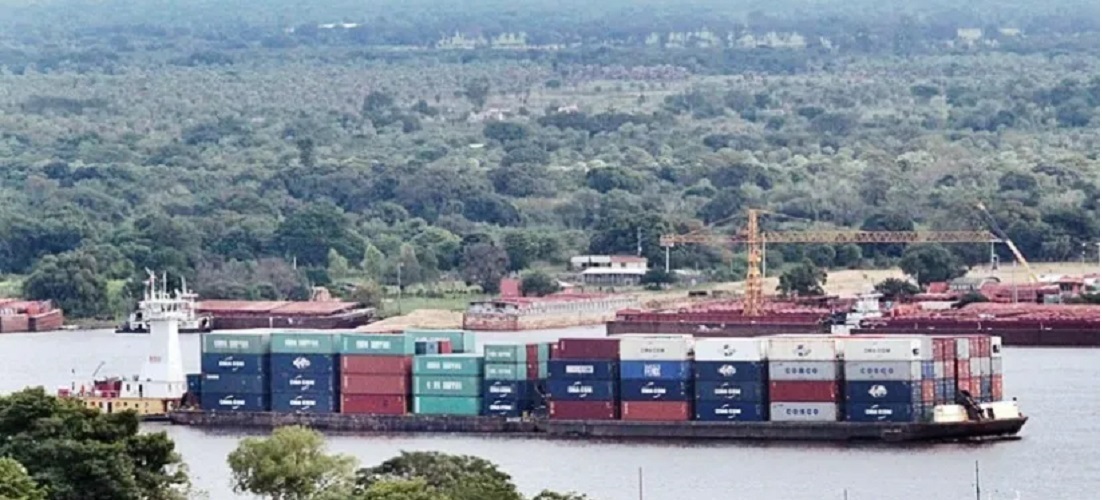
Argentine Farmers Voice Concerns Over Delay in Mercosur-EU Agreement
Feb, 23, 2024 Posted by Gabriel MalheirosWeek 202408
Recent farmer protests across various European cities have halted the advanced negotiations between Mercosur and the European Union. Talks regarding the trade agreement have been ongoing for two decades, and despite a preliminary being set in 2019, it was never implemented due to new environmental requirements from the EU.
The protests, which began in France and spread throughout the continent, aim to denounce what they see as unfair competition. Specifically, they worry that low-cost products from the bloc composed of Argentina, Brazil, Uruguay, and Paraguay, could enter European borders at an unmatchable pace and price, given the lower regulatory standards in South America
This week, the Vatican responded to a request from Italian farmers, with Pope Francis himself receiving a group of livestock farmers who brought a dairy cow to St. Peter’s Square. Negotiations between the two blocs were suspended after the Pope demanded a solution to the problem. Several other high-level leaders from each EU member country have felt a similar pressure.
In a context of concern over an impending recession in Argentina, exporters have become alert. That’s why they will present their grievances to Foreign Minister Diana Mondino and explore the possibility of advancing bilateral negotiations for the sale of primary origin products, where regional economies and beef stand out as major players.
According to the ABC Exporter Consortium, in 2023, beef exports from Argentina saw an increase in export volumes but a decrease in revenue. According to the same group, shipments totaled 966,000 tonnes. Still, the Argentine meat industry failed to overcome the obstacle of lower Chinese payment capacity, with foreign currency inflows reaching only US$2,777.4 million over the year, a 17.9% decrease compared to the previous year.
Regardless of whether it’s a good or bad time for agri-food exports, there is no doubt that Europe represents a significant source of foreign exchange for Argentina. For example, in the case of beef, the EU is the second most important market after China.
These are the issues that the agribusiness sector will address in the meeting with Mondino, which will be attended by leaders from the Rural Society (SRA), Nicolás Pino, the Argentine Agrarian Federation (FAA), Carlos Achetoni, the Argentine Rural Confederations (CRA), Carlos Castagnani, and Coninagro, Elbio Laucirica.
Another issue that the agribusiness sector will try to address is related to export duties and their potential impact on trade. Although the Executive has previously stated that it will not discuss a fiscal solution in the short term, the issue remains latent. Moreover, with the possibility of a new debate on the omnibus law, no one can rule out that, if necessary, the government will give it another try.
Source: Ámbito
Click here to read the original article: https://www.ambito.com/agronegocios/preocupa-al-campo-la-demora-del-acuerdo-mercosur-y-la-union-europea-n5950998
-
Trade Regulations
Oct, 30, 2019
0
Chilean government cancels Apec and COP25 in the country after protests
-
Ports and Terminals
Mar, 09, 2023
0
FastFrete wins auction for Port of Vila do Conde area for BRL 6 mln
-
Other Cargo
Jul, 11, 2024
0
Minister inks agreement with Bolivia to increase fertilizer supply to Brazilian agriculture
-
Ports and Terminals
Jun, 28, 2024
0
Brazil’s first terminal concession tender in 2024 set to take place on August 21

